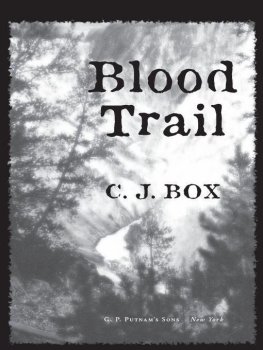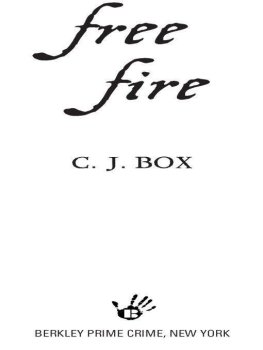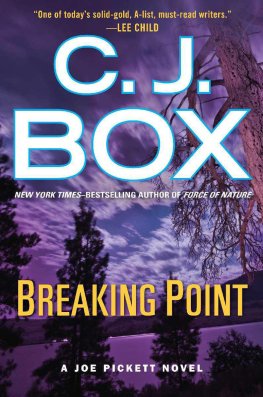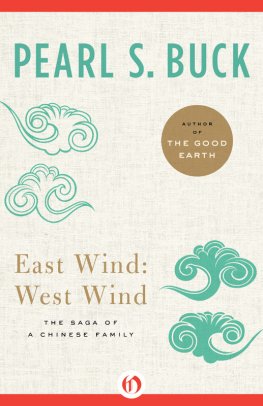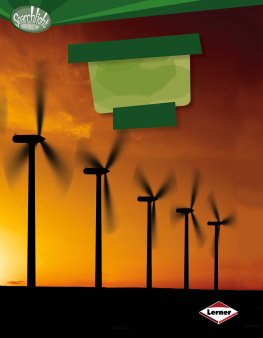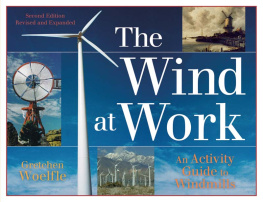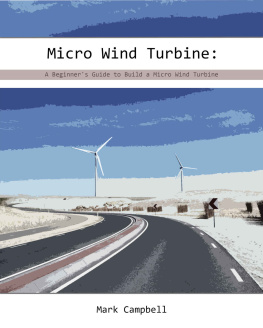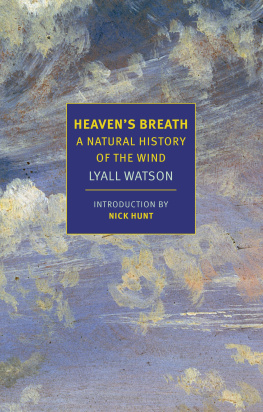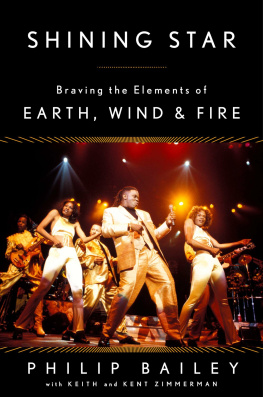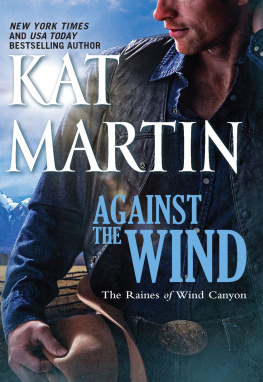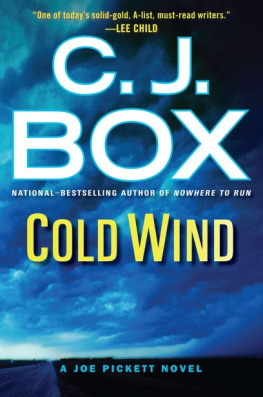C. Box - Cold Wind
Here you can read online C. Box - Cold Wind full text of the book (entire story) in english for free. Download pdf and epub, get meaning, cover and reviews about this ebook. genre: Detective and thriller. Description of the work, (preface) as well as reviews are available. Best literature library LitArk.com created for fans of good reading and offers a wide selection of genres:
Romance novel
Science fiction
Adventure
Detective
Science
History
Home and family
Prose
Art
Politics
Computer
Non-fiction
Religion
Business
Children
Humor
Choose a favorite category and find really read worthwhile books. Enjoy immersion in the world of imagination, feel the emotions of the characters or learn something new for yourself, make an fascinating discovery.

- Book:Cold Wind
- Author:
- Genre:
- Rating:3 / 5
- Favourites:Add to favourites
- Your mark:
- 60
- 1
- 2
- 3
- 4
- 5
Cold Wind: summary, description and annotation
We offer to read an annotation, description, summary or preface (depends on what the author of the book "Cold Wind" wrote himself). If you haven't found the necessary information about the book — write in the comments, we will try to find it.
Cold Wind — read online for free the complete book (whole text) full work
Below is the text of the book, divided by pages. System saving the place of the last page read, allows you to conveniently read the book "Cold Wind" online for free, without having to search again every time where you left off. Put a bookmark, and you can go to the page where you finished reading at any time.
Font size:
Interval:
Bookmark:
C. J. Box
Cold Wind
AUGUST 21
When you hear hoofbeats, think horses, not zebras.
AGE-OLD MEDICAL SCHOOL ADMONITION1
He set out after breakfast on what would be his last day on earth.
He was an old man, but like many men of his generation with his wealth and station, he refused to think of himself that way. Deep in his heart, he honestly entertained the possibility he would never break down and perhaps live forever, while those less driven and less successful around him dropped away.
In fact, hed recently taken to riding a horse over vast stretches of his landholdings when the weather was good. He rode a leggy black Tennessee walker; sixteen and a half hands in height, tall enough that he called for a mounting block in order to climb into the saddle. The horse seemed to glide over the sagebrush flats and wooded Rocky Mountain juniper-dotted foothills like a ghost, as if the gelding strode on a cushion of air. The gait spared his knees and lower back, and it allowed him to appreciate the ranch itself without constantly being interrupted by the stabs of pain that came from six and a half decades of not sitting a horse.
Riding got him closer to the land, which, like the horse, was his. He owned the sandy and chalky soil itself and the thousands of Black Angus that ate the same grass as herds of buffalo had once grazed. He owned the water that flowed through it and the minerals beneath it and the air that coursed over it. The very air.
Although he was a man whod always owned big things-homes, boats, aircraft, cars, buildings, large and small corporations, race horses, oil wells, and for a while a small island off the coast of North Carolina-he loved this land most of all because unlike everything else in his life, it would not submit to him (well, that and his woman, but that was a different story). Therefore, he didnt hold it in contempt.
So he rode over his ranch and beheld it and talked to it out loud, saying, How about if we compromise and agree that, for the time being, we own each other?
As the old man rode, he wore a 40X beaver silverbelly short-brimmed Stetson, a long-sleeved yoked shirt with snap buttons, relaxed-fit Wranglers, and cowboy boots. He wasnt stupid and he always packed a cell phone and a satellite phone for those locations on his ranch where there was no signal. Just in case.
Hed asked one of his employees, an Ecuadoran named Jose Maria, to go to town and buy him an iPod and load it up with a playlist hed entitled Ranch Music. It consisted largely of film scores. Cuts from Ennio Morricone like The Good, the Bad, and the Ugly, the theme from A Fistful of Dollars, LEstasi Delloro (The Ecstasy of Gold), and La Resa dei Conti (For a Few Dollars More), Elmer Bernsteins theme from The Magnificent Seven, The Journey, and Calveras Return, and Jerome Moross theme from The Big Country. Big, wonderful, rousing, swelling, sweeping, triumphalist music from another era. It was music that simply wasnt made anymore. The pieces were about tough (but fair) men under big skies on horseback, their women waiting for them at home, and bad guys-usually Mexicans-to be vanquished.
In fact, theyd vanquished some Mexicans of their own off the ranch in the last two months, the result of a surreptitious phone call to ICE placed by his wife. Although the Mexican ranch hands worked hard and were great stockmen, she could document how many times theyd refused to show her respect. She blamed their ingrained macho culture. So the immigration folks rounded them up and shipped them away. Their jobs had recently been filled by Ecuadorans like Jose Maria who were not as accomplished with cattle but were more deferential to his wife.
He threaded his horse up through gnarled bell-shaped stands of juniper. The trees were heavy with clusters of green buds, and the scent within the stand was sweet and heavy and it reminded him of a gin martini. His horse spooked rabbits that shot out from bunches of tall grass like squeezed grapefruit seeds, and he pushed a small herd of mule deer out ahead of him. It had warmed to the mid-seventies, and as the temperature raised so did the insect hum from the ankle-high grass. He hummed, too, along with the theme from The Big Country. He tried to remember the movie itself-Gregory Peck or William Holden? but that was beyond his recollection. He made a note to himself to ask Jose Maria to order it from Netflix.
He paused the iPod and stuffed the earbuds and cord into his breast pocket as he urged his horse up the gentle slope. The thrumming of insects gave way to the watery sound of wind in the tops of the trees. The transition from an earth sound to the sounds of the sky thrilled him every time, but not nearly as much as what he knew hed see when he crested the hill.
Clamping his Stetson tight on his head with his free right hand as he cleared the timber, the old man urged his horse to step lively to the top. Now the only sound was the full-throated Class Five wind, but there was something folded inside it, almost on another auditory level, that was high-pitched, rhythmic, and purposeful. He had once heard Jose Maria describe the sound as similar to a mallard drake in flight along the surface of a river: a furious beating of wings punctuated by a high-pitched but breathy squeak-squeak-squeak that meant the bird was getting closer.
From the crown of the hill, he looked down at the sagebrush prairie that stretched out as far as his eyes could see until it bumped up against the Bighorn Mountains of Wyoming. And it was all his.
From the gray and gold of the prairie floor, across five thousand acres, on a high ridge, sprung a hundred wind turbines in various stages of construction where just a year ago there had been nothing but wind-sculpted rock poking out of the surface like dry land coral. A fresh network of straight-line dirt roads connected them all. The finished turbines-and there were only ten of them operational-climbed two hundred fifty feet into the sky. He loved the fact that each tower was a hundred feet higher than the Statue of Liberty. And they were lined up tall and white and perfect in a straight line along the humpbacked spine of a ridge in the basin. All ten working turbines had blades attached. The blades spun, slicing through the Wyoming sky, making that unique whistling sound that was. the sound of money.
And he thought: Ninety more to go.
Behind the row of turbines was another row of towers only, and another, then seven more rows of ten each in different stages of construction. The rows were miles apart from each other, but he was far enough away on the top of the hill to see the whole of it, from the gaping drill-holes at the rear where the hundreds of tons of concrete would be poured into the ground to the bolted foundations of the towers and finally to the turbines and blades that would be built on top. They reminded him of perfectly white shoots of grass in various stages of growth, sprouting from the dirt straight into the sky.
The blades on the completed turbines had a diameter of forty-four meters or one hundred forty-four feet each. They would spin at close to one hundred miles per hour. Semi-trucks had delivered huge stacks of the blades and they lay on the sagebrush surface like long white whale bones left by ships.
He was so far away from his wind farm that the construction equipment, the pickups and cranes and earth-moving equipment, looked like miniatures.
That first line of almost-completed turbines stood like soldiers, his soldiers, facing straight into the teeth of the wind. They spun with defiance and strength, transforming the wind that had denuded the basin of humans and homesteads more than a hundred years ago into power and wealth.
Font size:
Interval:
Bookmark:
Similar books «Cold Wind»
Look at similar books to Cold Wind. We have selected literature similar in name and meaning in the hope of providing readers with more options to find new, interesting, not yet read works.
Discussion, reviews of the book Cold Wind and just readers' own opinions. Leave your comments, write what you think about the work, its meaning or the main characters. Specify what exactly you liked and what you didn't like, and why you think so.

